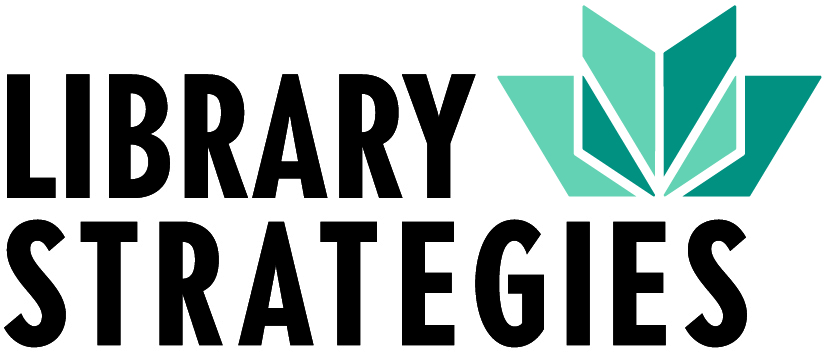Dos and Don’ts for RFPs

Say you have a project like strategic planning that you know will require the help of an outside consultant. An RFP (Request for Proposal) is a document you create that includes a detailed description of your project and the services you’re requesting that invites prospective vendors to respond with their approach and cost. This document can be brief – a very general call for proposals, that allows vendors a lot of leeway, or something of greater length that really gets at the specific details of what you would like from your potential partners.
The last year and a half has exposed the importance of a flexible plan, comprehensive community engagement, and (if your community is anything like Saint Paul) updates to older facilities. Given this, it is not surprising that we’ve seen a real uptick in RFPs in our inbox. We’ve done the work of seeking consultants for own organization several times in the last two years, as well, so we have experience on both sides of this process. There are common areas that are helpful in providing clarity to both your prospective vendors and the staff who review the documents on your end. What follows are our recommendations on seeking consulting services for projects like strategic planning, capital campaign counsel, leadership-board-foundation development, and needs assessments.
Let’s start with the DON’Ts. Following these suggestions will help vendors self-select who has appropriate skills to respond, will have capacity within your timeframe, provide a realistic project budget, and understand your individual needs.
- DON’T forget to do your research. Before you write your RFP/RFI, explore the vendor landscape – who are the big, and small, vendors in this field? Are there local vendors who do, for example, strategic planning, but not specifically for libraries; could they be a relevant option for your project? What is the overall scope of services available across multiple vendors and which ones will be more important for this project? Ask peer organizations for examples of RFP/RFIs they have prepared – Note: they will probably not be able to share specific pricing or other proposal content with you, since that information is usually covered by confidentiality statements.
- DON’T withhold your budget range. If you know your budget limits for the project, let the vendors know up front. This avoids proposals that will be irrelevant due to costs. Your research, including pre-proposal informational interviews with vendors and/or peers, should provide you with a sense of what the project costs are likely to be, so your budget should be within these ranges.
- DON’T withhold timeline goals (or request unrealistic ones). Like knowing your budget, if you know about deadlines within the project – FY funds disappearing by a certain date, a target announcement, launch, or event date – that information should be available to the vendors up front so they can evaluate their capacity within that timeframe.
Now for the DOs. These suggestions will help you evaluate vendors on similar points, receive responses individualized to your needs, and have a written record of proposed services, methodology and budgets.
- DO provide background, including relevant URLs, about the library and the community. Yes, the vendors can google your community to gather information, but you can save the vendor time searching so they can focus on providing you with their best proposal to facilitate your project.
- DO outline the challenges and opportunities you expect will be relevant during your project. This isn’t airing “dirty laundry” or bragging, it’s demonstrating your self-knowledge and providing vendors the opportunity to tell you how their strengths may mesh with your specific needs.
- DO ask specific questions to elicit specific details from each vendor. These questions will help you build an apples-to-apples set of comparable services, time estimates, consultant background and skills, etc. This will also help you develop unbiased evaluation scoring of the vendor proposals. Questions should take a form of “please describe how you facilitate focus groups” rather than “do you facilitate focus groups.” You want to get into the specifics of how the vendor works with their clients, their skills, the culture of their organization as a service provider, etc.
It is completely okay for vendors to provide some boilerplate sections in their responses to your RFP/RFI. These statements are typically well-designed to provide you with details about the vendor’s team, their work methodology, and qualifications. You also want to see where the vendor takes your specific project, community, timeline, etc. into consideration to answer your specific questions and address your local needs.
By spending some time creating meaningful questions and providing critical information about your project before sending your RFP/RFI out into the vendor universe, you will receive more comparable and detailed responses to save you time evaluating the vendor responses and identifying strengths across the vendor pool.

